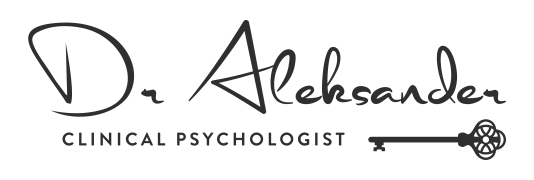
Life begins on the other side of despair.
Understanding the Symptoms and Signs of Depression
We all experience moments of sadness, but prolonged periods of feeling down or unmotivated might indicate a mental health condition. Depression is characterised by persistent feelings of sadness, despair, and loss of interest in activities, substantially impacting daily life and functioning. It goes beyond temporary sadness, often involving patterns of negative thinking, flat emotions, and withdrawal behaviours, which can lead to physical problems and affect relationships.
Causes and Risk Factors of Depression
Various factors contribute to depression, such as genetic predisposition, neuro/chemical imbalances, life events, and unhelpful beliefs. As a syndrome, depression describes a cluster of symptoms that may result from various contexts like loss, unresolved issues, or personal environmental factors. It can sometimes serve as an unconscious coping mechanism for emotional difficulties.
The importance of assessment
Since every individual’s experience with depression is unique, a personalised assessment and understanding of one’s specific circumstances is crucial in finding a tailored path to recovery. Recognising the complexity of depression and addressing it through a comprehensive, individualised approach can help you overcome this challenging mental health condition.
DASS-21 Questionnaire
All new patients are encouraged to complete the DASS-21 psychological test. This quick and easy online questionnaire assesses depression, anxiety, and stress levels, providing valuable insights into your mental health.
Take the online quizTherapy Process
Personalised and effective therapy develops through a dynamic and iterative process.
Your evolving needs will be met by a continuous refinement of such process, fostering successful and unique care.
1. Assessment
We begin by exploring your concerns, history, and goals through a clinical interview and psychometric questionnaires. Building a strong therapeutic relationship is our priority during this phase.
2. Formulation
Together, we develop an understanding of your experiences based on psychological theories, aiming for a shared understanding of contributing factors.
3. Treatment
Tailored therapy approaches, such as CBT or ACT, address your specific needs. We focus on emotional stability, coping strategies, and uncovering underlying patterns for lasting growth.
4. Evaluation
Continuous assessment allows us to monitor progress. I will adjust treatment plans and optimize outcomes based on individualized goals and standardized measures.
